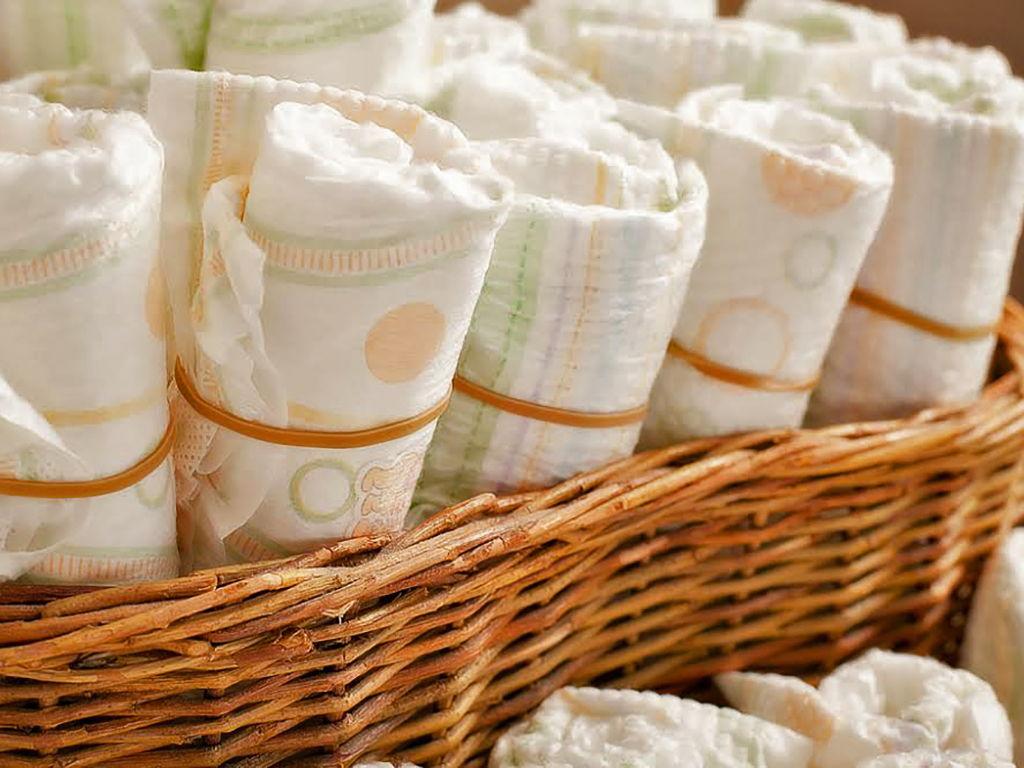4 Mins Read
Think choosing organic keeps you safe? Paying more for greener products? Read on to find out how labels and green marketing terms are deceiving you and what you can do to prevent this.
Biodegradable Diapers
Regular disposable diapers are piling up at an alarming rate in our planet’s landfills. So biodegradable diapers seem like a great compromise then? Good for the planet and convenient for mom’s everywhere, right? Wrong. Biodegradable diapers still contain a host of toxic substances, not least of all sodium polyacrylate, which is what makes disposable diapers super absorbent and is the same substance that was banned from tampons because it causes Toxic Shock Syndrome; opt for cloth diapers every time. For more information, check our post Eco Insights: The Diaper Dilemma.
Organic Beauty Products
The word organic is a double-edged sword. When we buy organic products, especially bath and body care products, we think we are making the smart choice. Organic, in its most regulated sense, means produce/animals/plants grown without toxic chemicals such as synthetic pesticides, synthetic hormones or antibiotics. That sounds great and ideally your beauty products should be organic. But organic doesn’t mean toxin free when it comes to skincare. Dangerous ingredients such as Sodium Laurel/Laureth Sulfate, Parabens, Butylene Glycol, Parfum- all toxic substances which are linked to a host of hormonal problems, immune system weakening, cancer and much more- can still figure in certified organic beauty product labels. The term organic regulates the way the plants are grown, not what ingredients are safe to be consumed/spread on your body. The only way to avoid this issue is to educate yourself on harmful ingredients and research brands. A handy tool is the Environmental Working Group’s Skin Deep database, which offers scorecards for practically every beauty product available worldwide. We also have a great roundup Hong Kong’s Best Eco Luxe Beauty Online Boutiques, all of which carefully curate and source the greenest beauty brands from around the world.
Organic Eggs
You are at the grocery store and you need eggs. You decide to pay the extra and get yourself and your family organic eggs, believing you are making the safer choice. No battery eggs for you, thank you very much. Except sadly, organic eggs are the new problem child of the health food industry. Many organic eggs are now produced in industrial farm factory conditions. Sure the animals may be given organic feed. But organic does not always mean non-GMO. Further, the hens may not have proper outdoor access or enough space in their coops. These large-scale organic egg producers adopt the absolute bare minimum standards required but still get given the ‘certified organic’ label. For help choosing which egg to opt for, try to find a farmer’s market in your area where you can establish a personal connection with the chicken farmer, stick with small to medium egg producers and check out the Cornucopia Institute’s Organic Egg Scorecard for detailed reviews of egg producers in the US- unfortunately it is harder to get this type of information for the eggs at Hong Kong supermarkets, but it’s a start as we do get US brands here.
Agave Syrup
Agave nectar/syrup is one of the the darlings of the health world. At least it had been for the past two decades. Found in many raw vegan chocolate and prepared desserts, agave has long been touted as the anti-sugar savior. Those less well versed in health food news may be surprised to learn that agave is worse for your body than raw cane sugar. In fact, agave can contain upwards of 90% of fructose. The same fructose that we chastise in High Fructose Corn Syrup and the same fructose that has seriously detrimental effects on your body. Learn more about this by having a look at our post The Very Scary Truth About Agave and avoid agave like the plague! If you want more information about safer sweeteners, have a look at The Five Least Dangerous Sweeteners.
Free Range Poultry
You read the free range label and you believe that a free range chicken has access to an expanse of outdoor space and does not live in a battery cage. In actuality, the chicken coop farmer has hundreds of chickens packed into a barn and lets them out for 15 minutes a day. Both scenarios are acceptable in the free range world. That’s because the term free range is not a properly regulated term and is often used by marketers to imply farm conditions that are far from ideal. Do the chicken have unlimited access outside? Do they have a minimum of personal space in their barns? Do they consume organic feed? Are they raised without hormones or antibiotics? These are the questions you want answers to on egg and poultry labels. Read our in-depth post on this: The Farce of Free Range.
Photo credits: More home-grown eggs via photopin (license), Do you have Food?? via photopin (license) and Baby Shower Diaper Cake via photopin (license).






